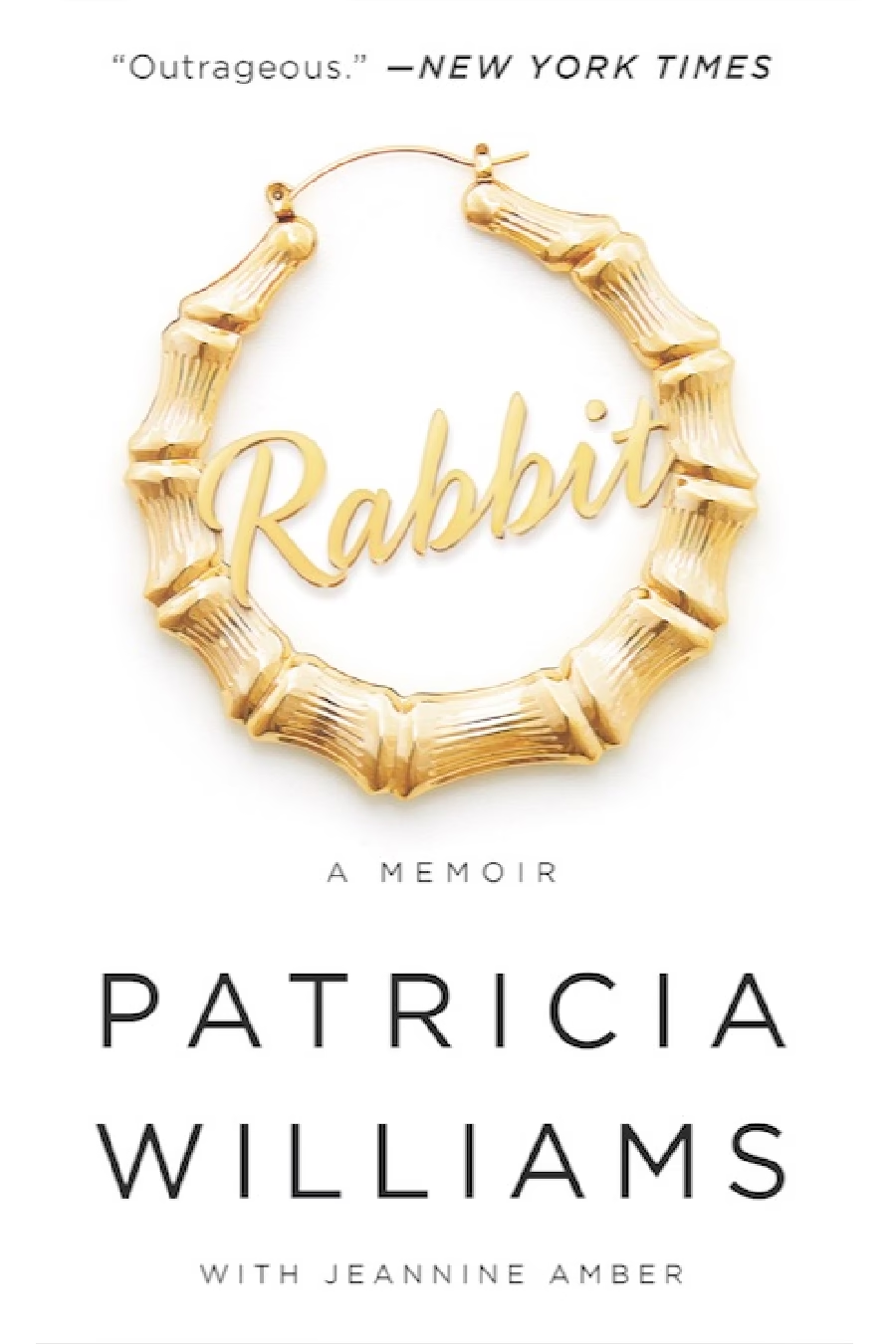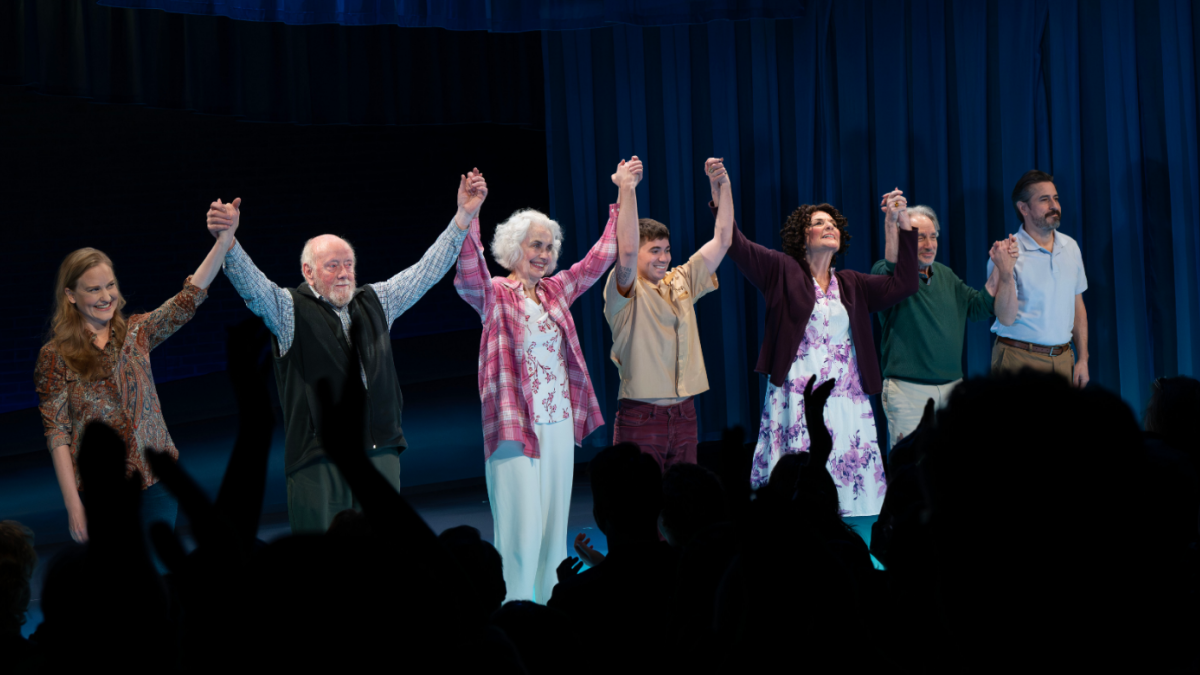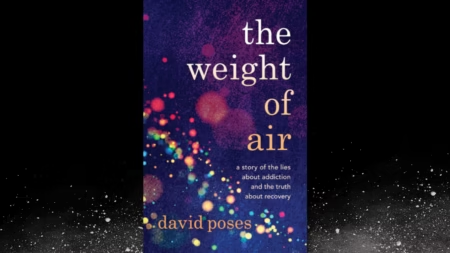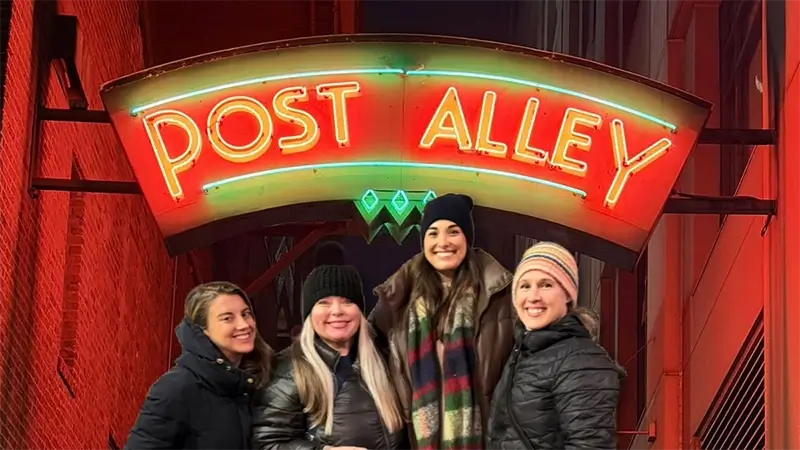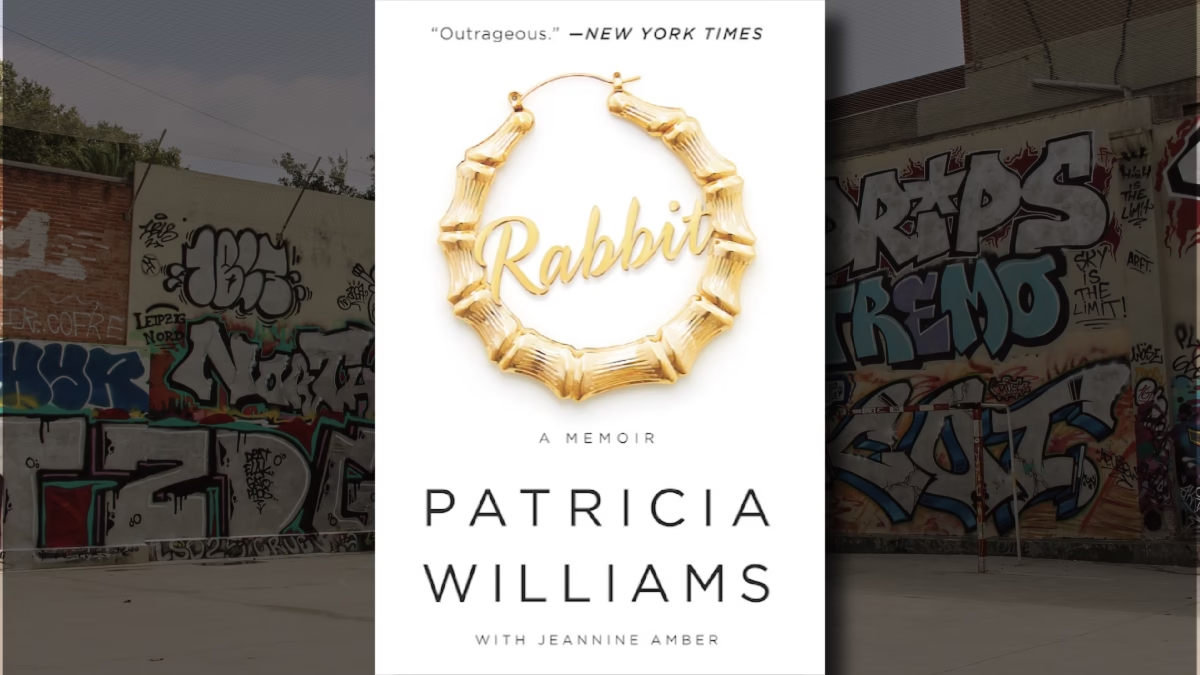
Some memoirs are polished and carefully curated, offering up sanitized trauma for easy consumption. Rabbit is not that book. Patricia Williams, better known today as comedian Ms. Pat, tells her story with a level of raw honesty that will knock the wind out of you—and then, somehow, make you laugh while you’re gasping for air.
When Survival Isn’t a Choice—It’s the Only Option
I’ll be honest—I didn’t know much about Ms. Pat before picking this up. But sometimes, not knowing a public figure’s backstory makes their memoir even more powerful. I wasn’t hearing the voice of a TV personality or successful stand-up comic. I was listening to a girl from the west side of Atlanta, nicknamed Rabbit for munching on a carrot on her grandfather’s porch, whose entire childhood was a masterclass in how to survive when the world gives you absolutely nothing.
Patricia grew up in the thick of the crack epidemic, one of five children raised by an alcoholic mother who relied on cons, theft, and church donations to scrape by. At seven, she was taught to roll drunks for cash. By twelve, she was being sexually targeted by an older man. At thirteen, she was pregnant. By fifteen, she had two kids. And at sixteen, she was completely on her own, trying to figure out how to protect her children from the same pain she barely understood herself.
But here’s what sets Rabbit apart: it’s not just a memoir about pain. It’s about persistence. About hustle. About using humor not just as a coping mechanism, but as a weapon—sharp enough to cut through the trauma and carve a path forward. Ms. Pat doesn’t glorify her past, but she also doesn’t shy away from it. She owns every part of her story, even the parts that would be easy to leave out.
For readers of The Sober Curator, Rabbit belongs in the #QUITLIT section because it explores what it’s like to grow up inside the chaos of addiction, even when you’re not the one using. The trauma, the dysfunction, the lack of stability—it all leaves a mark. Patricia didn’t have a roadmap to recovery because she never knew what a healthy life even looked like. But she kept pushing toward something better, even when that something felt impossibly far away.
Two moments in the book hit me especially hard. One was when her mother told her that white people were better than her. Let that sink in—a parent instilling inferiority into their child’s sense of self. The second was when someone finally told her she didn’t deserve abuse. Not that her partner was a bad guy, not that she should leave, but that she was worthy of better. That moment was a shift. Proof that sometimes, the right words at the right time can change the course of someone’s life.
If I had one critique, it’s that a few transitions felt rushed. #GIMMEMORE I would’ve loved more detail on how she moved from hustling to landing steady work, or how she met her husband. But even with those gaps, the memoir still delivers an unforgettable reading experience.
Bottom line? Rabbit is equal parts heartbreaking and hilarious. It’s a story of surviving impossible odds, told by a woman who refuses to be pitied. It’s not just about addiction—it’s about poverty, resilience, motherhood, and the power of telling your truth, even when it’s messy.
🧠 Add this one to your #QUITLIT reading list if you want to better understand the ripple effects of addiction—and the strength it takes to break the cycle.
#QUITLIT Sobees Score: 4 out of 5 Sobees 🐰🐰🐰🐰

Unfiltered, unforgettable, and fiercely honest—Rabbit is one memoir that doesn’t pull its punches. And neither does Ms. Pat.
Ms. Pat – From dealer to author: A comedian’s fight to break the cycle of addiction

TSC LIBRARY: Welcome to The Sober Curator Library! We don’t just read books; we immerse ourselves in literary journeys, tune in on Audible, and craft insightful reviews. Our digital shelves are organized into four genres: #QUITLIT, Addiction Fiction, Self-Help, and NA Recipe Books.
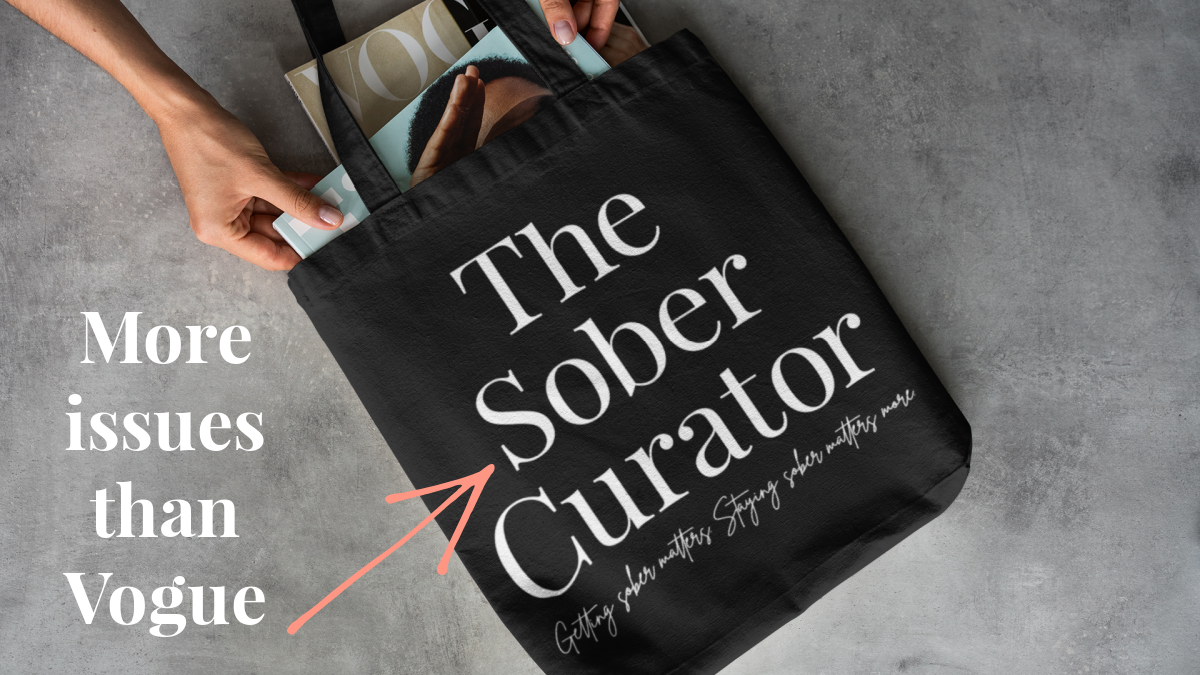
Resources Are Available
If you or someone you know is experiencing difficulties surrounding alcoholism, addiction, or mental illness, please reach out and ask for help. People everywhere can and want to help; you just have to know where to look. And continue to look until you find what works for you. Click here for a list of regional and national resources.




